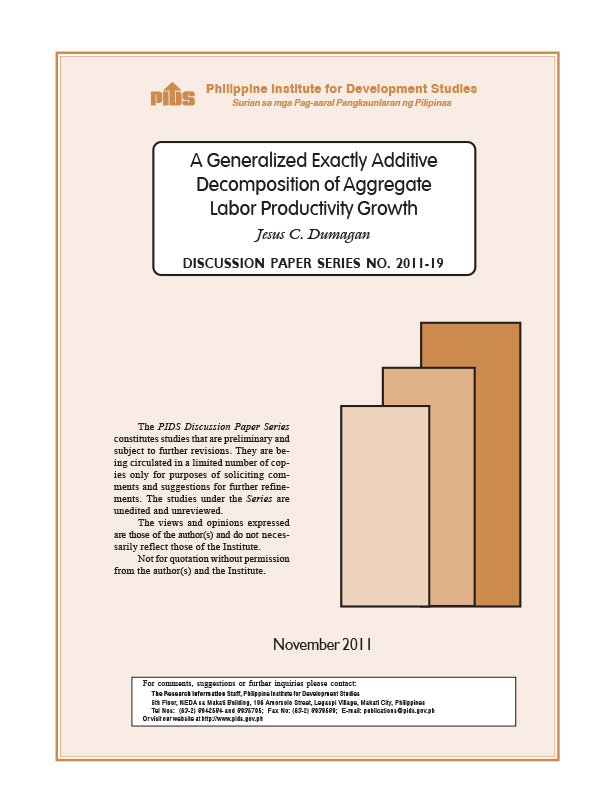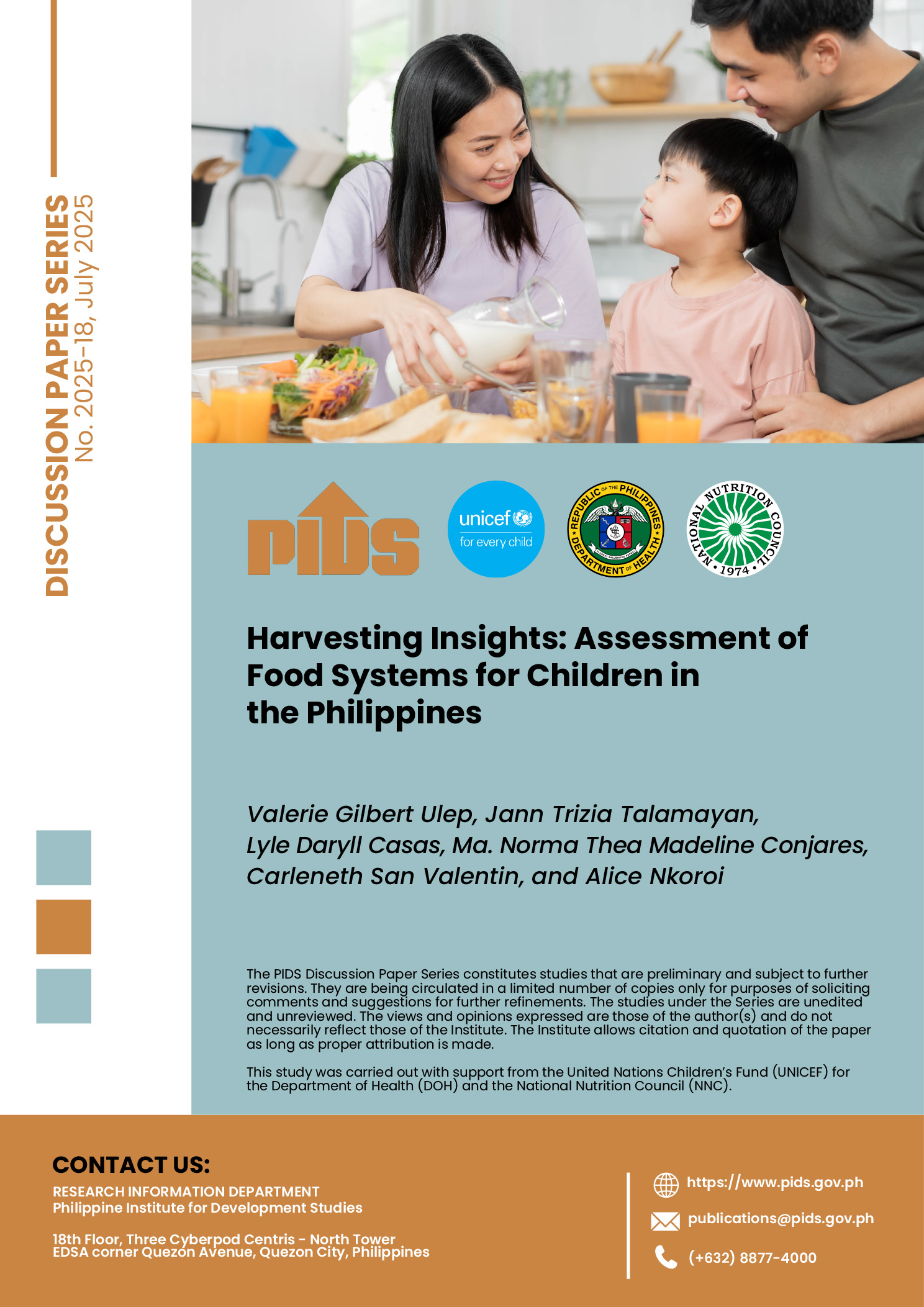Aggregate labor productivity (ALP) growth--i.e., growth of output per unit of labor--may be decomposed into additive contributions due to within-sector productivity growth effect, dynamic structural reallocation effect (Baumol effect), and static structural reallocation effect (Denison effect) of cross-sectional components (e.g., industry or region) of output and labor. This paper implements ALP growth decomposition that is "generalized" to output in constant prices and to output in chained prices (i.e., chained volume measure or CVM) and "exactly additive" since with either output the sum of contributions exactly equals "actual" ALP growth. It compares this "generalized exactly additive" (GEAD) decomposition to the "traditional" (TRAD) ALP growth decomposition devised for output in constant prices. The results show GEAD and TRAD are exactly additive when output is in constant prices but GEAD is exactly additive while TRAD is not when output is in CVM. Also, GEAD components are empirically purer than or analytically superior to those from TRAD. Moreover, considering that contributions to ALP growth can be classified by industry or region each year over many years, GEAD provides a more well-grounded picture over time of industrial or regional transformation than TRAD. Therefore, GEAD should replace TRAD in practice.
Citations
This publication has been cited 11 times
- de Avillez, Ricardo. 2012. Sectoral contributions to labour productivity growth in Canada: Does the choice of decomposition formula matter?. International Productivity Monitor, 24, 97-117. Centre for the Study of Living Standards.
- de Avillez, Ricardo. 2012. Sectoral contributions to labour productivity growth: Does the choice of decomposition formula matter?. CSLS Research Reports 2012-09. Centre for the Study of Living Standards.
- Dumagan, Jesus C. 2012. Consistent GDP aggregation and purchasing power parity. Discussion Papers DP 2012-02. Philippine Institute for Development Studies.
- Giordano, Claire and Francesco Zollino. 2021. Long‐run factor accumulation and productivity trends in Italy. Journal of Economic Surveys, 35, no. 3, 741-803. Wiley Blackwell.
- Jones, Sam and Finn Tarp. 2015. Understanding Mozambique's growth experience through an employment lens. WIDER Working Paper Series wp-2015-109. World Institute for Development Economic Research (UNU-WIDER).
- Mendieta-Muñoz, Ivan, Codrina Rada, and Rudi von Arnim. 2019. The decline of the U.S. Labor share across sectors. Working Papers Series 105. Institute for New Economic Thinking.
- Mendieta‐Muñoz, Ivan, Codrina Rad, and Rudi von Arnim. 2021. The decline of the us labor share across sectors. Review of Income and Wealth, 67, No. 3, 732-758. International Association for Research in Income and Wealth.
- Montebello, Roberta and Jude Darmanin. 2021. Saving behaviour in Malta: Insights from the household budgetary survey. CBM Working Papers WP/04/2021. Central Bank of Malta.
- Nishi, Hiroshi. 2016. Sources and consequences of productivity growth dynamics: Is Japan suffering from Baumol’s diseases?. Discussion papers e-16-003. Graduate School of Economics , Kyoto University.
- Reinsdorf, Marshall. 2015. Measuring industry contributions to labour productivity change: A new formula in a chained fisher index framework. International Productivity Monitor, 28, 3-26. Centre for the Study of Living Standards.
- Tang, Jianmin and Weimin Wang. 2015. Economic growth in Canada and the United States: Supply-push or demand-pull?. Review of Income and Wealth, 61, no. 4, 773-798. International Association for Research in Income and Wealth.













